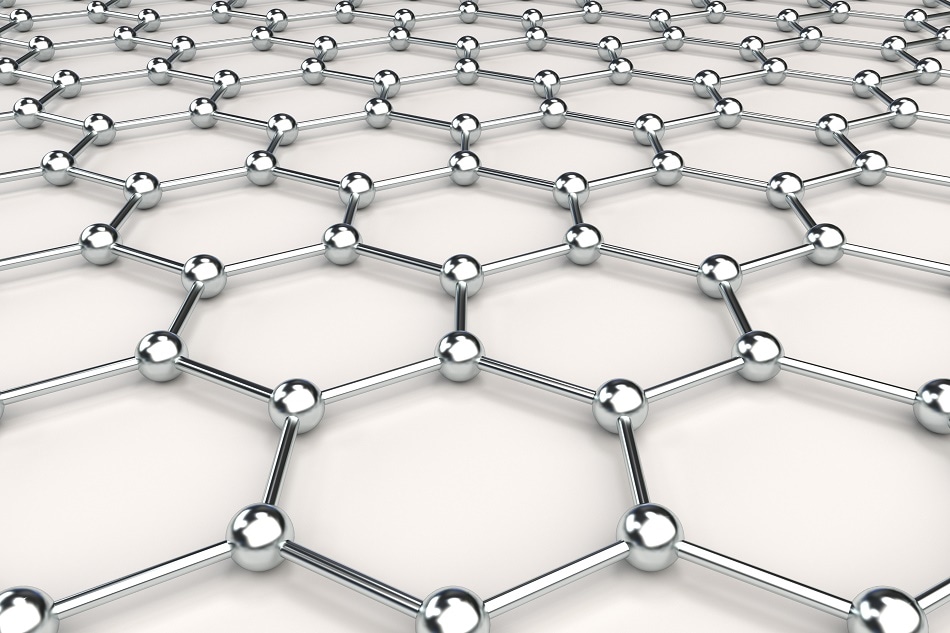
Image Credit: Evgeniy Zebolov/Shutterstock.com
For the past few years, scientists have been working on potential applications for the ‘wonder material’ graphene in the field of neuroscience. Now, a team led by researchers from Rutgers University have created a graphene-gold biosensor that analyzes stem cells which may carve a new path for the medical sciences in the combatting of neurological disorders including Parkinson’s and Alzheimer’s disease.
Published in the journal Nano Letters, the paper outlines how the technology’s platform is a blend of ultrathin graphene and gold structures and a state-of-the-art imaging system which can monitor the progress of stem cells. This is made possible as the biosensor can detect the genetic material (RNA) connected with the transformation process in which the stem cells are converted to brain cells (neurons).
Biosensors with high-sensitivity are an increasingly vital instrument in the medical sciences and healthcare industry as they evaluate metabolic and physiological parameters. By evaluating the physiological functions of the effective treatment of patients for certain neurological or central nervous system disorders could be made possible.
What’s more, is that stem cells can be modified to become almost any type of cell. Thus, with careful monitoring of the human body and physiological state, regenerative treatment of neurological disorders such as Alzheimer’s, Parkinson's, stroke and spinal cord injury, is made possible.
A critical challenge is ensuring high sensitivity and accuracy in detecting biomarkers – indicators such as modified genes or proteins – within the complex stem cell microenvironment.
Ki Bum Lee, Senior Author and Professor, The Department of Chemistry and Chemical Biology, The School of Arts and Sciences, Rutgers University
Graphene based materials are being widely applied in various biomedical fields including neuroscience. This is due to the unique composition, dimension, and functionalization of the material making it particularly useful. At just one atom thick but over 200x the strength of steel and high conductivity, graphene is also prized for its biocompatibility as it shows little to no sign of toxicity. The Rutgers team’s biosensors use of graphene layers and gold nanostructures illustrate the flexible nature of this ‘wonder’ material.
Our technology, which took four years to develop, has demonstrated great potential for analyzing a variety of interactions in stem cells.
Ki Bum Lee
Combining high-tech imaging (Raman spectroscopy) with the graphene-based biosensors, the platform identifies specific genes and can characterize an array of stem cells with greater sensitivity, reliability, and selectivity than today’s leading biosensors. Lee’s team aims to accelerate effective treatment of neurological disorders via stem cell therapy and by developing high-tech sensing platforms – the team believes this latest development can benefit a wide range of applications.
Stem cell research and treatment has been subjected to controversy in recent years – due to research involving human embryos – but it does offer patients suffering with neurological conditions and central nervous system disorders the potential of life-changing treatment.
Scientists have since found new ways to cultivate stem cells in the lab which could be useful in developing a range of therapies in line with National Institute of Health guidelines. Therefore, in the coming years, stem cells could be (re)produced as a renewable source of treatment therapy which would see advances in treating spinal cord injuries, strokes, Alzheimer’s, Parkinson’s, and other disabilities.
With many of the ethical boundaries being overcome as adult stem cells have been the base of a range of new therapies for various illnesses such as Parkinson’s, multiple sclerosis and various cancers, there is an urgent need to develop tools that enable in situ monitoring of the state of stem cells. Thus, innovative biosensors such as the graphene-gold fusion as developed by the Rutgers University team, can help advance the medical sciences and give healthcare providers the possibility to offer revolutionary treatment to their patients in the near future.
Disclaimer: The views expressed here are those of the author expressed in their private capacity and do not necessarily represent the views of AZoM.com Limited T/A AZoNetwork the owner and operator of this website. This disclaimer forms part of the Terms and conditions of use of this website.